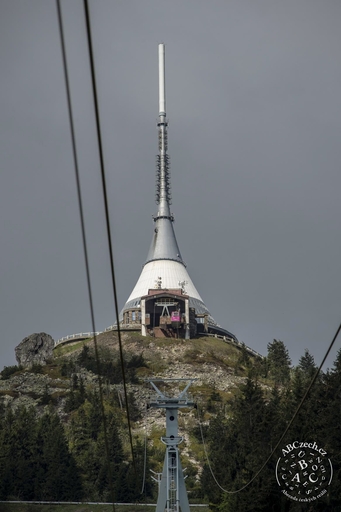
A popular mountain in the area of the Ještěd-Kozákov Ridge, which is also its summit. It is especially frequently visited in winter season due to good conditions for skiing and other winter sports.
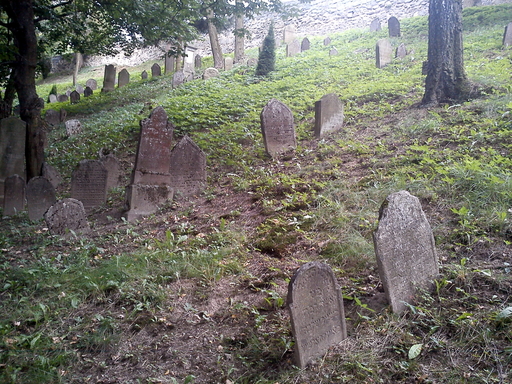
An exceptionally well-preserved cemetery, the second largest on the territory of the Czech Republic. A UNESCO monument. The cemetery’s unique characteristic is the fusion of Baroque-style art and the Jewish funeral tradition.
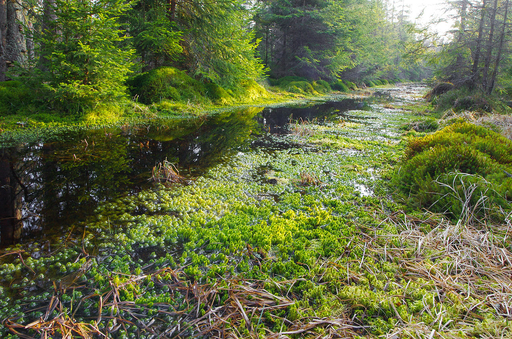
Unusually beautiful landscape in the west of the Czech Republic. Owing to it unique biotope, it is one of the environmentally most valuable parts of the Slavkovský les Protected Landscape Area.
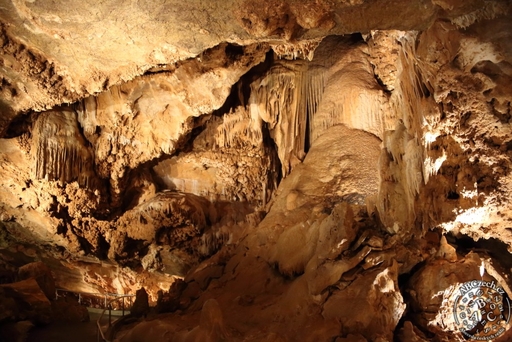
The largest known and accessible cave system in Bohemia, located in the protected area of Bohemian Karst, near the castles Křivoklát and Karlštejn.
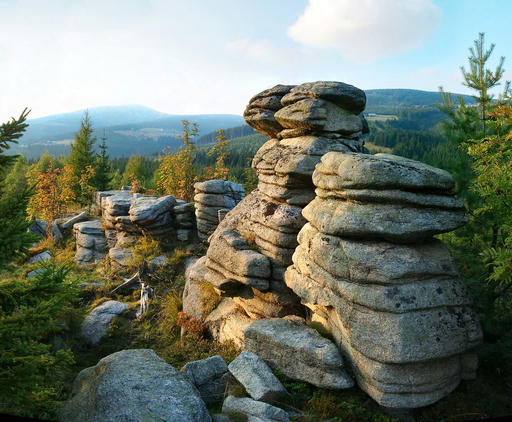
Unique geological and botanical strip of Czech-Polish borderland mountains. Its centre is Vrchlabí. It has been listed as a UNESCO Biosphere Reserve site since 1992.
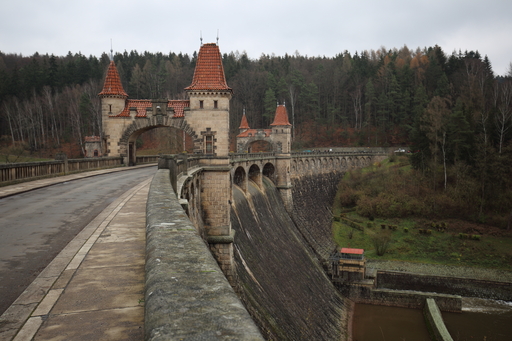
The most picturesque dam in the Czech Republic, located on the Elbe, near the town of Dvůr Králové nad Labem.
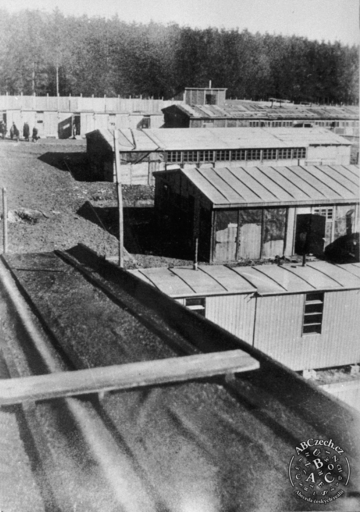
Former camp in the Písek district, opened in 1940 as a labour camp for Romani people and other “vagrant people”. During the Second World War it functioned as a concentration camp.
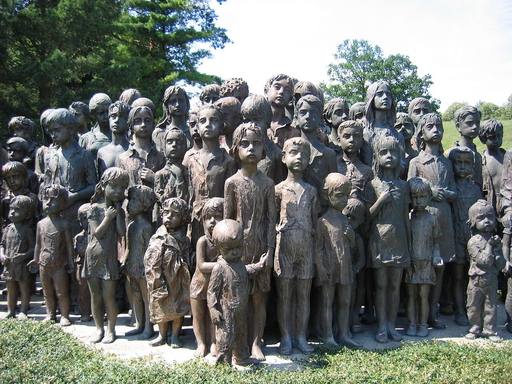
A small village near Prague, which became the location of one of the largest Nazi crimes committed on the territory of the modern-day Czech Republic.
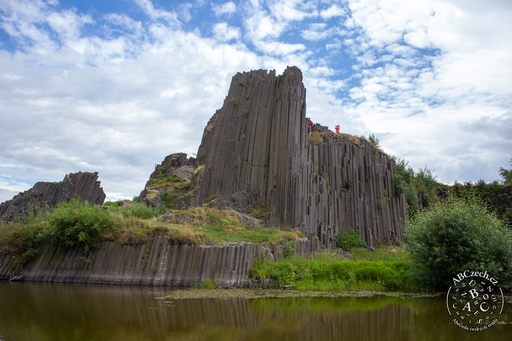
National nature monument, unique example of columnar basalt and the oldest protected geological formation on the territory of the Czech Republic.
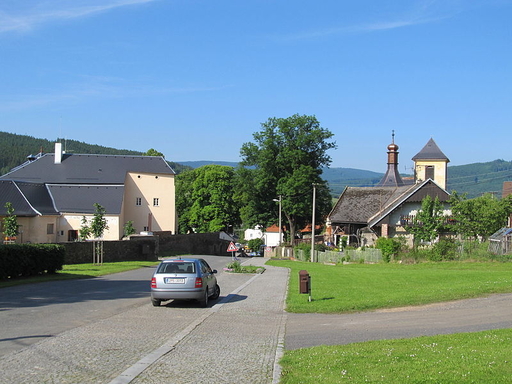
Administrative term for a populated place whose size and population is between that of a town and a municipality (village).
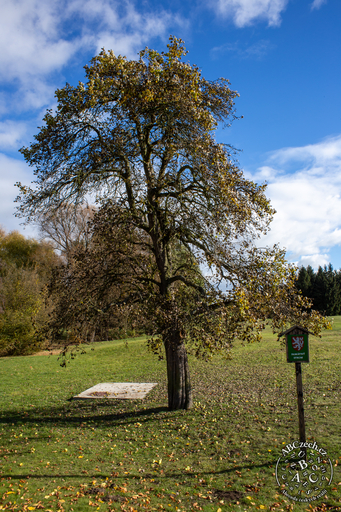
Official designation of exceptionally important trees, their groups or avenues. They are distinguished by their size, age or associations with historic events and persons.
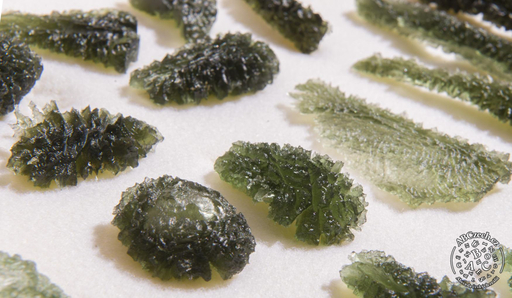
Authentic Czech rock with a unique green colour, used for jewellery. They are the only green tektites in the world and their richest deposits are located in southern Bohemia, in the basin of the river Vltava.
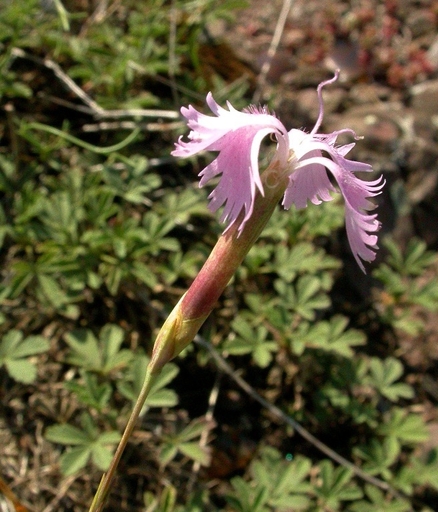
Organisms that live naturally only on the territory of Moravia, the eastern part of the Czech Republic which, like Bohmia, is home to many unique plants and animals.
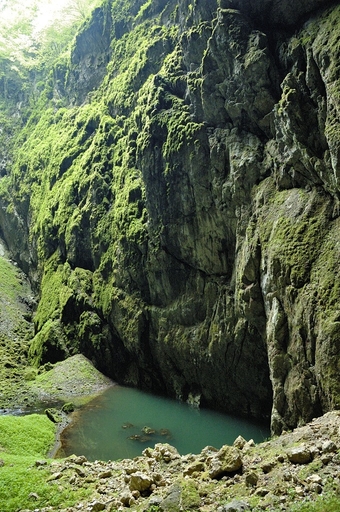
The largest and probably the most beautiful karst area in the Czech Republic. It has many accessible caves, karst formations, cultural monuments and also the deepest abyss in the Czech Republic – Macocha.
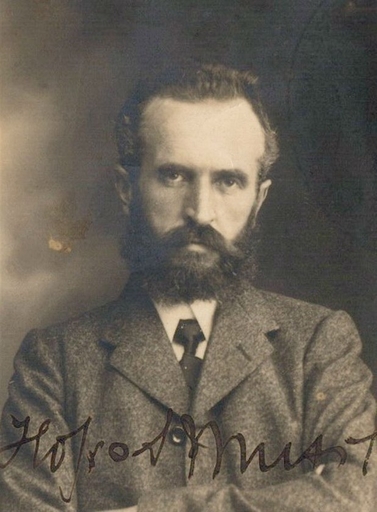
Czech Catholic priest, theologian, expert in Biblical studies, explorer, ethnographer and writer, the most important European orientalist and Arabist of his time.
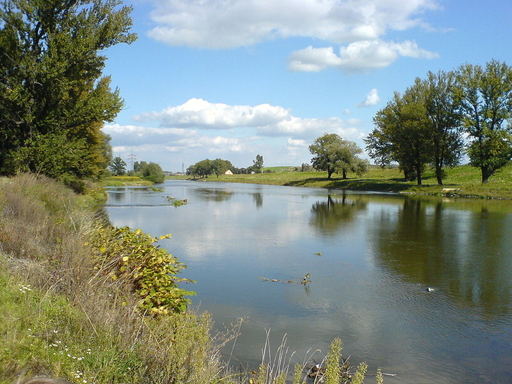
A river whose source is in the Czech Republic, although the river mostly runs through Poland. A part of forms a natural border between Poland and Germany. It is the second largest river in Poland.
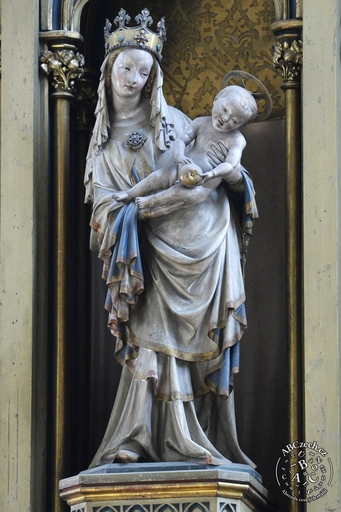
Stone used for building historically important Czech buildings, such as the Rotunda on Říp Mountain and Saint George’s Basilica at Prague Castle. Its yellowish colour motivated the nickname “Golden Prague”.
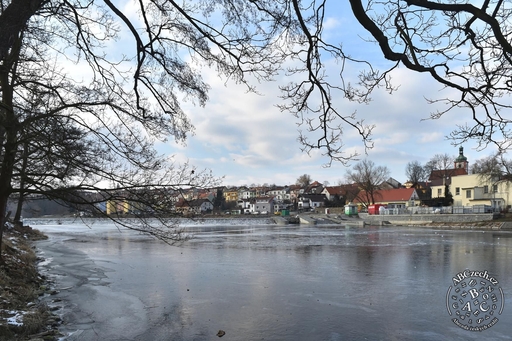
A river in western and southern Bohemia, one of the largest tributaries of the Vltava. In the past, it was known for gold panning and for freshwater pearl mussels, owing to which it was called gold-bearing and pearl-bearing. Nowadays it is popular with water tourists and fishermen.
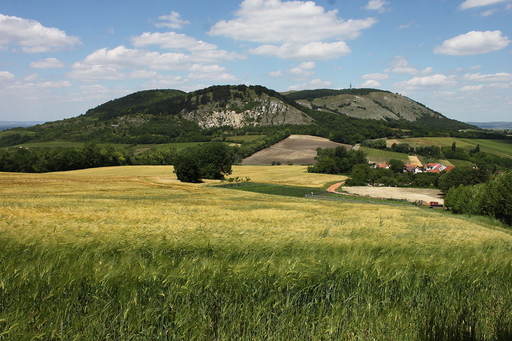
Picturesque land at the lower section of the river Morava, inhabited since prehistory. There are remains of camps of mammoth hunters there, nature reserves, caves, breeding sites of bats and the white-tailed eagle.
2016-2020 ABCzech.cz - © Filozofická fakulta Univerzity Karlovy
Content from this website may be used without permission only for personal and non-commercial purposes and with the source cited. Any other use is allowed only with the authors' consent.
This web application Sonic.cgi meets GDPR requirements. Current information can be found here.